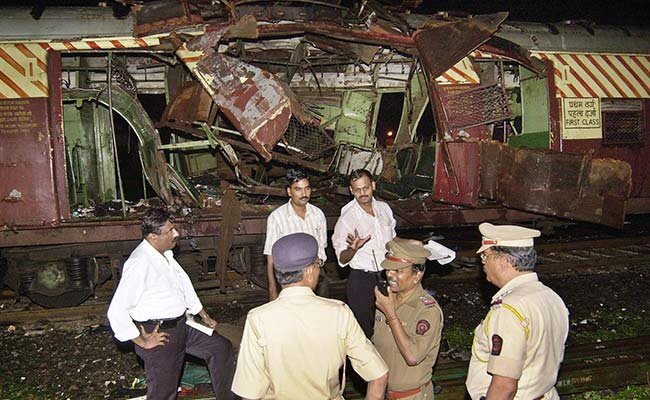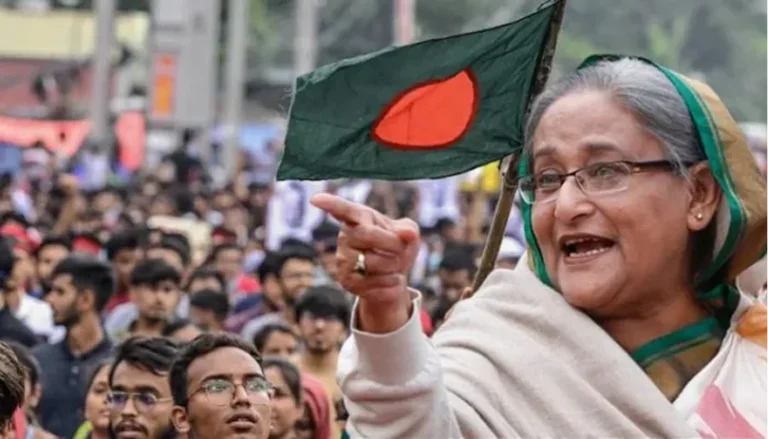2006 Mumbai Train Blasts: All 12 Convicts Acquitted After 19 Years
Mumbai, July 21, 2025:
In a landmark decision nearly two decades after one of India’s deadliest terror attacks, the Bombay High Court has acquitted all 12 individuals previously convicted in the 2006 Mumbai train bombings. The blasts, which occurred on July 11, 2006, left 189 people dead and over 800 injured, shaking the nation to its core.
Background: What Happened on July 11, 2006?
On the evening of July 11, 2006, seven powerful bombs exploded within a span of 11 minutes on Mumbai’s suburban railway network during peak hours. These bombs were placed in first-class compartments of local trains running on the Western line – the city’s lifeline. The serial blasts occurred between 6:24 PM and 6:35 PM, targeting the most crowded trains and coaches.
The coordinated attacks led to mass casualties, panic across the city, and one of the biggest manhunts in the history of India’s counterterrorism efforts. The incident was attributed to the use of pressure cooker bombs filled with RDX and ammonium nitrate.
The Investigation and Trial
Following an extensive investigation, the Anti-Terrorism Squad (ATS) arrested several individuals believed to have links with the banned outfit Students Islamic Movement of India (SIMI) and alleged Pakistani operatives. A total of 13 people were accused in the case, out of which one died during the trial.
In September 2015, a special Maharashtra Control of Organised Crime Act (MCOCA) court convicted 12 accused. Of them, five were sentenced to death and seven to life imprisonment. The court based its decision on confessional statements, witness testimonies, and forensic evidence presented by the prosecution.

The Bombay High Court’s Verdict: July 21, 2025
On July 21, 2025, a division bench comprising Justice Anil Kilor and Justice Shyam Chandak reversed the trial court’s judgment, stating that the prosecution had “utterly failed” to prove the case beyond reasonable doubt.
The court, after re-evaluating the evidence and testimonies, concluded that the chain of circumstances presented during the trial was incomplete and lacked corroboration. According to the judges, key pieces of evidence were either unreliable, insufficient, or not presented according to due process of law.
The High Court emphasized that in a case of such magnitude, the burden of proof lies heavily on the prosecution, and any lapses or procedural irregularities could not be overlooked, especially when the accused were facing capital punishment.
Reactions to the Acquittal
The acquittal has stirred a wide range of reactions:
- Family members of the victims have expressed grief and disbelief, questioning the justice system and the long wait of 19 years that ended without closure.
- Legal experts and civil rights activists have welcomed the verdict, pointing to the dangers of wrongful convictions and the importance of due process.
- The Maharashtra government and prosecution agencies are expected to review the judgment and consider approaching the Supreme Court with an appeal.
Key Observations from the High Court
- Confessional Statements: The court observed that several confessions recorded under the MCOCA Act were not supported by independent evidence.
- Forensic Evidence: There were discrepancies in the forensic timeline and reports linking the accused to the bombs.
- Witness Testimonies: Many key witnesses either turned hostile or their statements were inconsistent.
- Lack of Direct Evidence: The court emphasized the absence of direct evidence connecting the accused with the act of planting the bombs.
What’s Next?
With this verdict, the 12 men who spent years in prison and faced the most severe sentences under Indian law are now legally free. However, the state may file a review petition in the Supreme Court, which could potentially reopen the matter depending on the apex court’s discretion.
For now, this judgment stands as a reminder of both the complexity of terror-related cases and the critical importance of foolproof investigation and legal adherence when dealing with such serious allegations.
Conclusion
The 2006 Mumbai train bombings remain a dark chapter in India’s modern history, not just because of the sheer scale of loss but also due to the long-drawn legal battle that followed. With today’s acquittal of all 12 accused, the case re-enters public discourse — this time, not about justice served, but about justice delayed and possibly denied, both for the victims and for the accused who have now been found not guilty.


